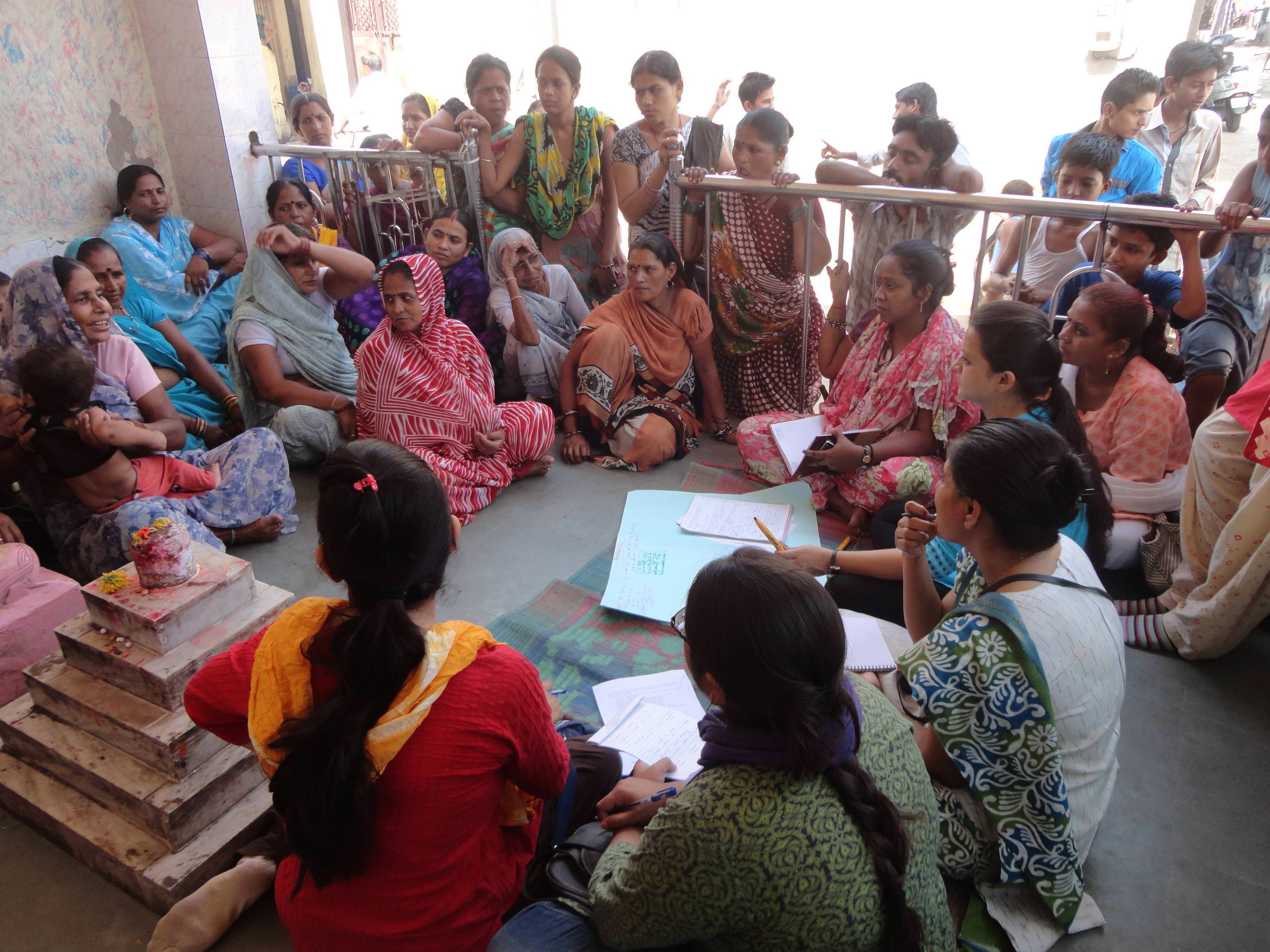What resilience projects can learn from Blockbuster
Development projects must respond to known threats and anticipate those to come

With raging bushfires, social unrest and economic uncertainty, it may feel like the world is already in the full throes of transformation but the reality is we are only at the beginning of a period of rapid change.
This change, which is impacting food and economic security, migration, and urbanization, is putting more and more people in vulnerable communities just one small shock away from total catastrophe.
If the world is to remain true to its sustainable development goals, the response must be to build resilience to the existing, known threats and to those likely to develop in the future. In this sense, practitioners and donors can learn lessons from the now-defunct movie rental firm Blockbuster.
The first and most obvious lesson is to move with the times. Just as the video rental franchise fell victim to pay-per-view and online streaming services, resilience projects will also fail if they are not flexible and agile enough to respond to changing needs in new ways.
This might mean fostering new partnership models to give greater flexibility, or adopting new technologies in creative ways.
A natural resource management company, MetaMeta Research, for example, was able to refine its model of retrofitting and designing smart roads that minimize the impact of flooding, thanks to support provided by the Global Resilience Partnership (GRP) incubator.
This tailor-made support involved a resilience and scalability assessment of MetaMeta and their model and approach, a gap analysis to define any internal challenges and opportunities, and mapping of external opportunities, which were translated into an action plan for activities on the ground as well as with potential partners.
This flexibility and responsiveness not only make resilience projects more effective but also produce demonstrable results that can make these initiatives more attractive to investors.
However, at the same time, another lesson from Blockbuster and the private sector is the importance of addressing the power imbalance that often means investors determine what gets funding and how ventures develop.
Instead of allowing donor priorities to take precedence, facilitating organizations such as GRP can help smooth the channels of communication between those with funds to invest, those with the solutions and those on the ground who understand what is needed.
Social enterprises like Mahila Housing Trust in India, Nepal, and Bangladesh, for example, works to empower women community leaders, who can then represent their poor, urban communities’ interests at different levels. This approach ensures that the challenges vulnerable communities face are communicated to relevant decision-makers so that efforts can be mobilized to effectively address those challenges.
Finally, we must also recognize the importance of learning from failure. After all, the founder of Blockbuster, David Cook, went on to invest in new, disruptive technologies including the digitalization of music.
Resilience projects often receive cash injections from well-meaning donors that then dry up as soon as a pilot is over or the results are not validated.
But in pursuit of long-term resilience, we cannot allow impatience to drive the strategy but rather focus on outcomes.
This requires time as well as investment, through the support from the GRP incubator, we have seen this yield results.
As well as supporting challenge-winning initiatives, the GRP incubator has worked with five grantees over an extended period of time with mentoring to address any specific issues identified during their implementation.
This relationship requires trust between the GRP incubator and the grantees, where any external and internal challenges are discussed openly and addressed.
But as a result of such an outcome-driven approach, guided by expected impacts further down the line, the grantees have had time to test models and solutions, adjust themselves, and hone their program.
After taking the time to refine their approach and show results, MetaMeta has been able to replicate its model to several additional countries in Africa and Asia, having had its blueprint adopted by the World Bank as a standard for rural infrastructure projects.
Meanwhile, Mahila Housing Trust has refined its business model and scaled its distribution of climate-smart solutions to more slums in India.
Overall, the five grantees who received extended support from GRP’s first challenge have increased their aggregated reach from 5.7 million households to 6.7 million households during the six months of scaling support.
For the GRP incubator, this means many more people reached, more mature models for the grantees to scale, a process of testing models and innovation for minimum viability, and as a result a higher level of well-grounded ambition.
Building resilience to shocks and stresses is a process and a destination that has many routes leading to it, as demonstrated at a recent Investing in Resilience forum.
From top-down, commercial approaches to hybrid social enterprises, what matters is an outcome where the most vulnerable are resilient to the challenges they are presented with and development investments are not washed away and lost in tomorrow’s storms.
(Disclaimer: The opinions expressed are the personal views of the authors. The facts and opinions appearing in the article do not reflect the views of Devdiscourse and Devdiscourse does not claim any responsibility for the same.)
ALSO READ
World Bank Approves $150 Million to Support Reforms and Resilience in PNG
IIM Indore, Adam Smith Business School (University of Glasgow), Unveil Inaugural Global Leadership Development Programme for Entrepreneurs
Special session of MP assembly on Dec 17 to be very fruitful for state's development: Tomar
African Development Bank seeks $25 billion for low-cost lending amid waning US engagement
Maharashtra's Economic Resilience Amidst Fiscal Challenges, States CM Fadnavis










